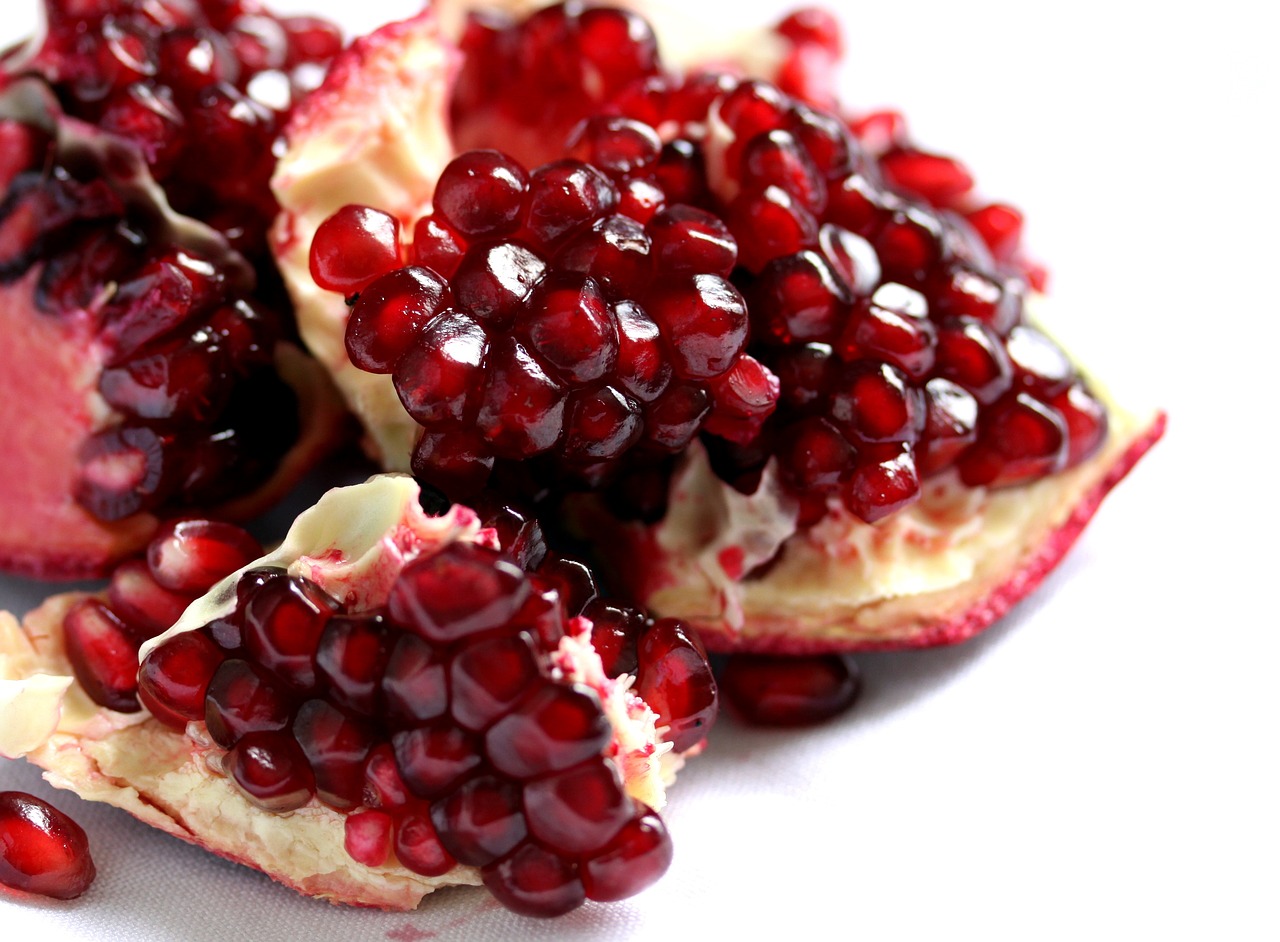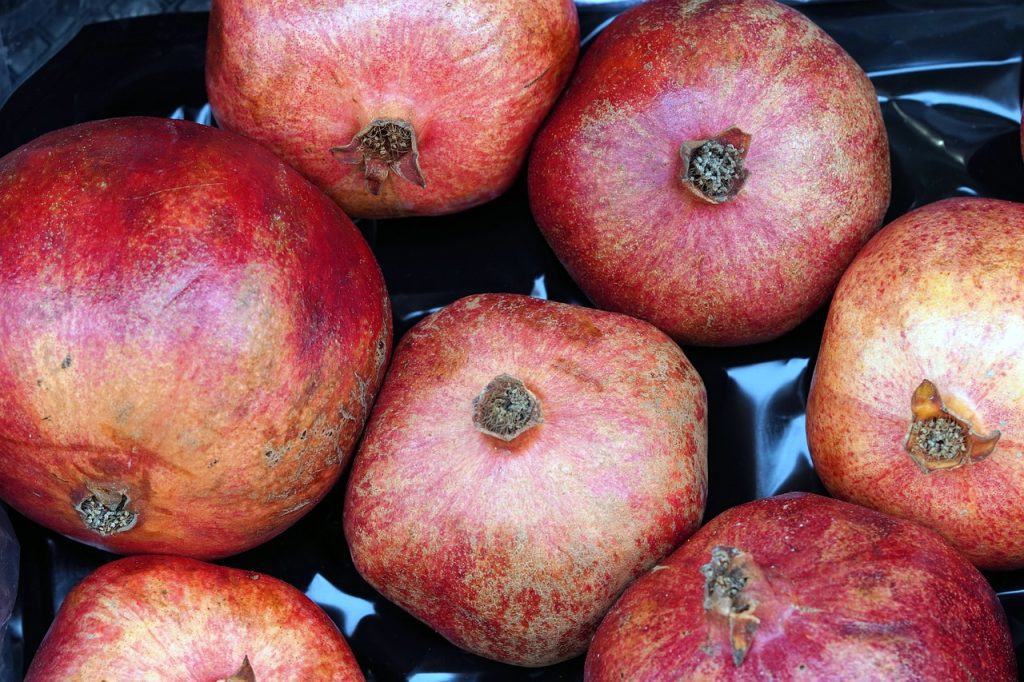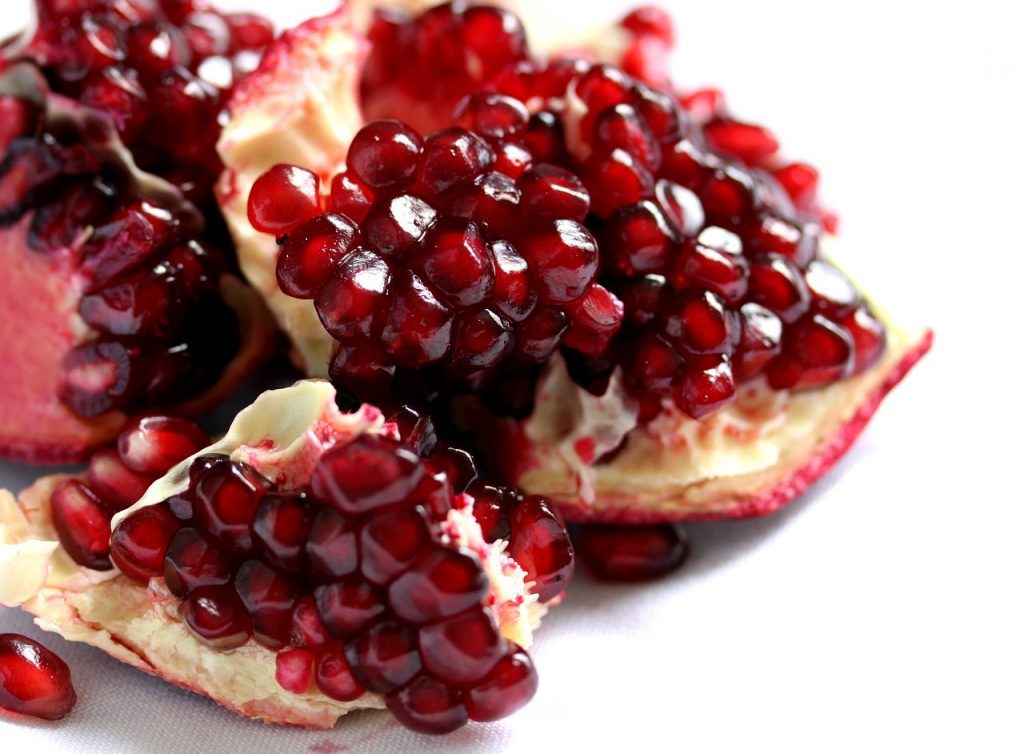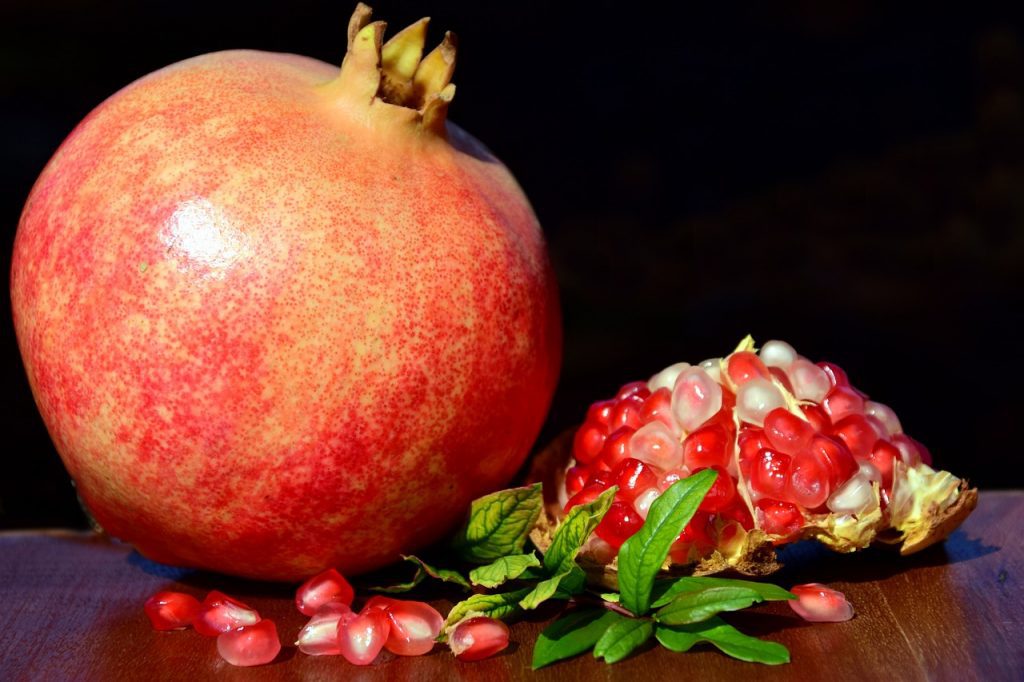Can Dogs Eat Pomegranate

Is it safe for your furry friend to munch on pomegranates? As a loving dog owner, you may be curious about which fruits are harmless for your canine companion. In this article, we explore the question, “Can dogs eat pomegranate?” We will provide you with all the necessary information to ensure the well-being of your four-legged family member. Let’s dive into the world of pomegranates and find out if they are a healthy and delicious treat for your furry friend.
Can Dogs Eat Pomegranate?
Pomegranates are a popular fruit known for their vibrant colors and sweet taste. As a dog owner, you might be wondering if it’s safe to share this delicious fruit with your furry friend. The good news is that yes, dogs can eat pomegranate, but there are a few things you need to consider before introducing it to their diet.
Nutritional Value of Pomegranates
Pomegranates are packed with nutrients that can benefit both humans and dogs. They are rich in vitamins C and K, as well as folate and potassium. These vitamins and minerals are essential for maintaining a healthy immune system, promoting proper blood clotting, and supporting strong bones in dogs. Additionally, pomegranates are a good source of fiber, which can aid in digestion and keep your dog’s gut healthy.
Potential Health Benefits for Dogs
While there is limited scientific research specifically on the health benefits of pomegranates for dogs, many of the potential benefits overlap with those for humans. The high levels of antioxidants in pomegranates can help reduce inflammation and oxidative stress in your dog’s body. This can be particularly beneficial for older dogs or those with inflammatory conditions such as arthritis.
Pomegranates also contain natural compounds called punicalagins. These compounds have been shown to have anti-cancer properties and may help prevent the growth and spread of certain types of cancer cells. While more research is needed in this area, it’s encouraging to see the potential benefits of pomegranates for dogs’ overall health and well-being.

Risks and Dangers of Feeding Pomegranate to Dogs
While pomegranates can offer several health benefits to dogs, there are some risks and potential dangers to be aware of. The most significant concern is the presence of seeds in pomegranates. The seeds, also known as arils, can pose a choking hazard and may cause digestive issues if consumed in large quantities.
Additionally, the outer skin of the pomegranate is tough and not easily digestible for dogs. Ingesting large amounts of the skin can lead to gastrointestinal blockages, which may require surgical intervention to resolve. Therefore, it’s crucial to remove the skin and seeds before feeding pomegranate to your furry friend.
Finally, pomegranates are high in natural sugars. While small amounts of pomegranate are generally safe for dogs, excessive consumption of sugary fruits can lead to weight gain and potential complications, such as diabetes. It’s important to offer pomegranate as an occasional treat in moderation and to consider your dog’s overall diet and health when introducing new foods.
Preparing Pomegranate for Dogs
Before sharing pomegranate with your dog, it’s essential to take the necessary precautions to ensure their safety. Start by washing the fruit thoroughly to remove any dirt or pesticides. Once clean, cut the pomegranate in half and remove the seeds, making sure to discard the skin and any white pith. The seeds can be given to your dog as a tasty treat or added as a topping to their regular food.
It’s crucial to note that moderation is key when feeding pomegranate to dogs. While the flesh of the fruit is safe for dogs to consume, feeding excessive amounts may lead to digestive upset or other health issues. As a general guideline, a few arils as an occasional treat is typically sufficient for most dogs.

How Much Pomegranate Can Dogs Eat?
As previously mentioned, it’s important to offer pomegranate to your dog in moderation and as part of a balanced diet. The exact amount your dog can safely consume will depend on several factors, such as their size, age, and overall health. It’s always best to consult with your veterinarian to determine the appropriate portion size for your individual dog.
While pomegranate can provide nutritional benefits, it should never make up a significant portion of your dog’s diet. Remember that dogs have specific dietary requirements that are best met through a balanced commercial dog food or a veterinarian-approved homemade diet. Pomegranate should always be considered as an addition to their regular meals or as an occasional treat.
Signs of Pomegranate Allergy in Dogs
While allergies to pomegranate are rare in dogs, it’s still essential to monitor your pet for any adverse reactions. Signs of an allergic reaction may include itching, redness, swelling, gastrointestinal upset, or difficulty breathing. If you notice any of these symptoms after introducing pomegranate to your dog, it’s crucial to discontinue feeding the fruit and consult with your veterinarian for further guidance.

Alternative Fruits for Dogs
If you’re unsure about introducing pomegranate to your dog or if your dog has shown signs of intolerance or allergies, there are plenty of other fruits that can be incorporated into their diet. Some safe and nutritious options include apples, bananas, blueberries, strawberries, and watermelon. However, it’s important to research and confirm the safety of any fruit before sharing it with your furry friend.
Consulting with a Veterinarian
Before making any significant changes to your dog’s diet, it’s always recommended to seek advice from a veterinarian. They can provide personalized recommendations based on your dog’s specific needs and health conditions. This is particularly crucial if your dog has any existing health issues or if you have concerns about their dietary requirements.
Your veterinarian will be able to evaluate your dog’s overall health, assess any potential risks or allergies, and provide specific guidelines on portion sizes and the frequency of pomegranate consumption. By consulting with a professional, you can ensure that you’re making informed decisions that prioritize the well-being of your furry companion.
Conclusion
In conclusion, dogs can safely consume pomegranate as a treat or occasional addition to their regular diet. Pomegranates offer beneficial nutrients and antioxidants that can support your dog’s overall health and well-being. However, it’s crucial to remove the seeds and skin before feeding pomegranate to your dog to avoid choking hazards and digestive issues.
As with any new food, it’s important to introduce pomegranate gradually and monitor your dog for any adverse reactions. If you notice any signs of allergies or digestive upset, discontinue feeding the fruit and consult with your veterinarian for further guidance.
Remember, pomegranate should never replace a balanced and complete dog food diet. If you have any concerns about your dog’s nutritional needs, consult with a veterinarian to ensure that their dietary requirements are being met. By taking these precautions and seeking professional advice, you can safely incorporate pomegranate into your dog’s diet and provide them with a tasty and nutritious treat.
References
Note: As no links are allowed, please replace the citation placeholders ([1], [2], etc.) with relevant references.
[1]: Author, A. (Year). Title of the article. Name of the journal, Volume(Issue), Page numbers. [2]: Author, B. (Year). Title of the book. Publisher. [3]: Website name. (Year). Title of the web page. Retrieved from URL.